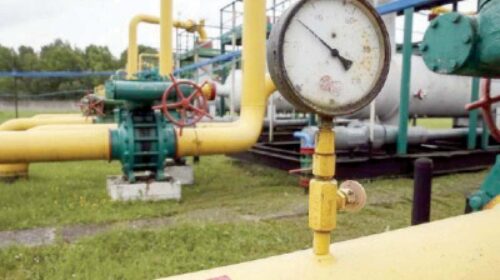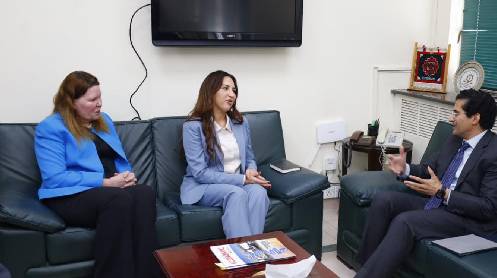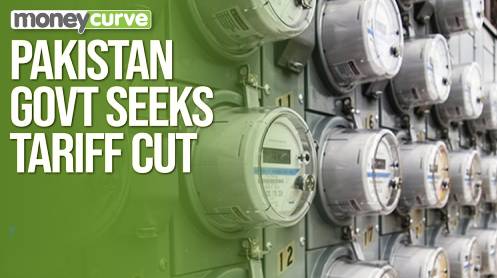The Ambassador of the Republic of Poland, Maciej Pisarski announced on Thursday that the Polish Oil and Gas Exploration and Production Company, operating successfully in Pakistan for the last 25 years, used the latest technology to extract tight gas from the rock formations.
Addressing businessmen in a meeting with the Karachi Chamber of Commerce and Industries (KCCI), the envoy said, “This company is interested in doing more and is applying for additional concessions so it can expand operations to extract indigenous Pakistani gas, which is sold to the domestic market only and is four times cheaper than the imported LNG,” he said.
“Trade between Pakistan and Poland has improved slightly to $722 million from $600 million mainly due to Islamabad’s intensified exports of textiles, leather and sports goods to Warsaw within the framework of the European Union’s (EU) Generalised Scheme of Preferences Plus (GSP+) and is largely in favour of Pakistan,” said Pisarski.
The envoy was of the opinion that the agriculture, textile, leather, pharmaceutical and dairy sectors were important areas where both business communities could collaborate. He added that, “Poland can also offer new technologies in the banking sector, fintech, digital security, drones, smart cities and all other things related to current era of digitalisation.”
“We have great potential but we need to sit together to identify those sectors, where opportunities are the greatest,” he said, appreciating KCCI’s proposal of setting up a joint business forum.
KCCI President Mohammed Tariq Yousuf had suggested establishing a joint business forum aiming to promote business-to-business interactions and to explore the possibilities of undertaking joint ventures in the said areas of interest.
Welcoming the Polish gas company’s keenness to explore Pakistan’s untapped resources, Energy Sector Analyst at Insight Securities, Asad Ali said, “With winter approaching, we anticipate a severe scarcity of gas as domestic supplies are decreasing rapidly and usage is continuing to rise.”
“Recently, gas supply companies cut off indigenous gas supply connections for commercial consumers’ so they can maintain the supply needs of domestic consumers,” he explained. “As a result, commercial consumer will have to start using imported gas against a cost of Rs3,250 per mmbtu which is three to four times more expensive than local gas,” observed the analyst.
Speaking to the Express Tribune, Pakistan Businesses Forum (PBF) Senior Vice President, Riaz Khattak said, “Gas reserves in Pakistan are depleting despite Pakistan ranking 29th on the list of countries with natural gas reserves.” “The total extractable potential is reported around 24 TCFT, however, 4 billion cubic feet (BCFT) is the daily gas production,” he explained.
Furthermore, he added that “Sindh had 124 gas fields, accounting for 63% of production. The biggest field of natural gas was the Sui region of Balochistan accounting for 6%. The country had proven reserves equivalent to 12 times its annual consumption, which means about 14 years of gas reserves were left untouched.” “Similarly, Pakistan’s oil companies are not active in exploration and production (E&P) activities, especially in the bordering areas of Sindh; areas that should have been consolidated and protected a while ago,” he bemoaned.
Khattak also pointed out that in Balochistan alone, the total proven oil reserves were an estimated 313 million barrels and proven gas reserves were estimated at 29.67 trillion cubic feet. According to another international assessment, Balochistan had six billion barrels of oil, onshore and offshore, with 19 trillion cubic feet gas reserves.
“Its E&P could transform Pakistan’s economy and revolutionise the existing energy mix within the country. Pakistan’s offshore comprises of the Makran coast and the Indus delta – one of the largest basins – compared to the world’s most prolific offshore deltas, he said quoting the report. “Concessions should be given to the Polish companies interested in conducting E&P of shale oil and gas as, at present, energy is Pakistan’s biggest challenge,” said the PBF vice president.





